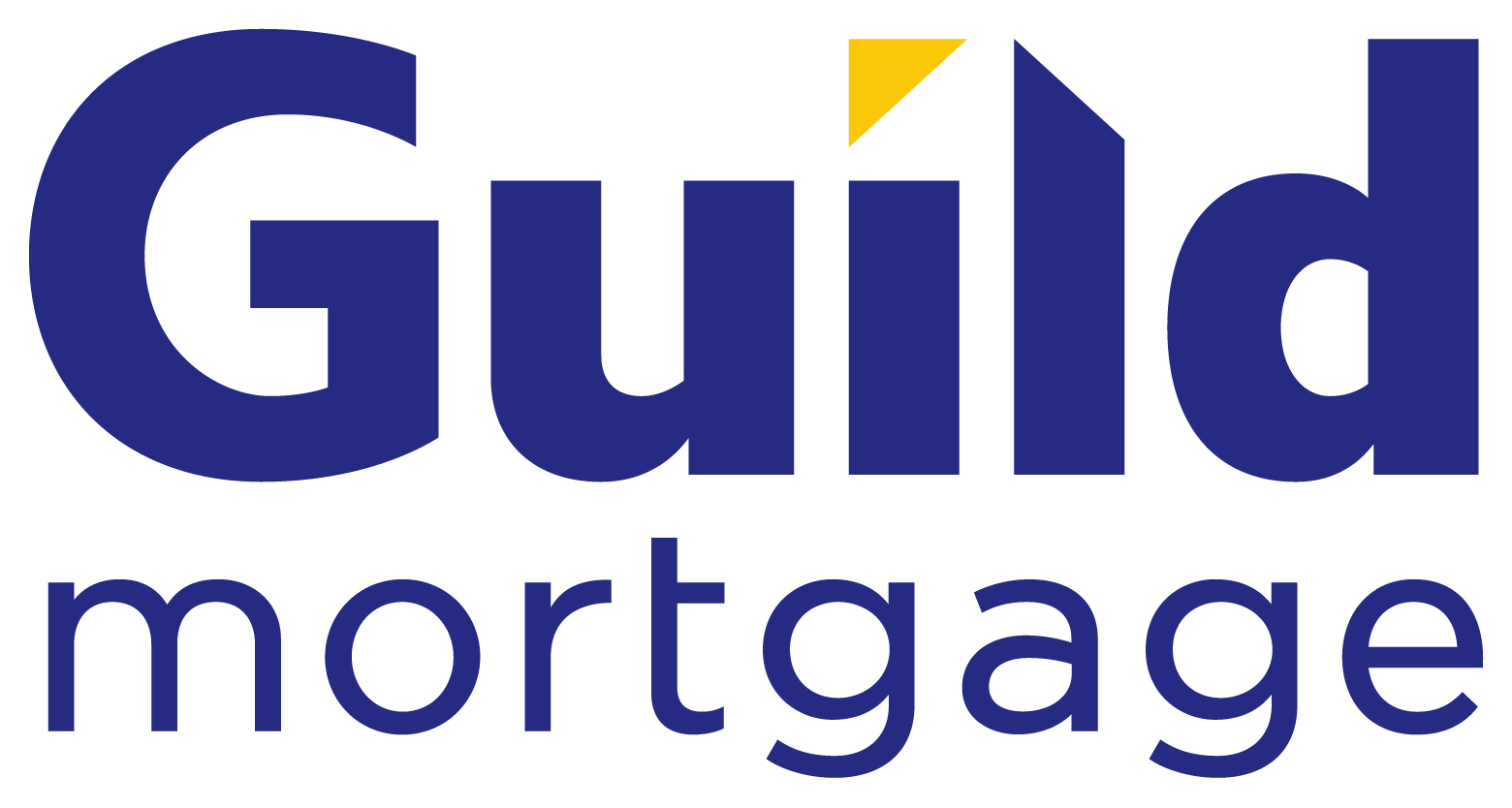Learn About…
Reverse Mortgage
What is a Reverse Mortgage?
A Reverse Mortgage is a financial agreement for those only 62 or older, in which a homeowner relinquishes equity in their home in exchange for regular payments*, typically to supplement retirement income. Unlike traditional mortgages, which decline as your pay down the loan, reverse mortgages rise over time as interest on the loan accrues.

* Interest payments on your loan are deferred to the end of the life of the loan; they are not paid upfront, out-of-pocket, or monthly.
How Do They Work?
When you have a regular mortgage, you pay the lender every month to buy your home over time. In a reverse mortgage, you get a loan in which the lender pays you. Reverse mortgages take part of the equity in your home and convert it into payments to you – a kind of advance payment on your home equity. The money you get usually is tax-free**. Generally, you don’t have to pay back the money for as long as you live in your home. When you die, sell your home, or move out, you, your spouse, or your estate would repay the loan. Sometimes that means selling the home to get money to repay the loan.
There are three kinds of reverse mortgages: single-purpose reverse mortgages – offered by some state and local government agencies, as well as non-profits; proprietary reverse mortgages – private loans; and federally-insured reverse mortgages, also known as Home Equity Conversion Mortgages (HECMs).
If you get a reverse mortgage of any kind, you get a loan in which you borrow against the equity in your home. You keep the title to your home. Instead of paying monthly mortgage payments*, though, you get an advance on part of your home equity. The money you get usually is not taxable**, and it generally won’t affect your Social Security or Medicare benefits. When the last surviving borrower dies, sells the home, or no longer lives in the home as a principal residence, the loan must be repaid. In certain situations, a non-borrowing spouse may be able to remain in the home. Here are some things to consider about reverse mortgages:
- You owe more over time. As you get money through your reverse mortgage, interest is added to the balance you owe each month. That means the amount you owe grows as the interest on your loan adds up over time.
- Interest rates may change over time. Most reverse mortgages have variable rates, which are tied to a financial index and change with the market. Variable rate loans tend to give you more options on how you get your money through the reverse mortgage. Some reverse mortgages – mostly HECMs – offer fixed rates, but they tend to require you to take your loan as a lump sum at closing. Often, the total amount you can borrow is less than you could get with a variable rate loan.
- You must pay other costs related to your home. In a reverse mortgage, you keep the title to your home. That means you are responsible for property taxes, insurance, utilities, fuel, maintenance, and other expenses. And, if you don’t pay your property taxes, keep homeowner’s insurance, or maintain your home, the lender might require you to repay your loan. A financial assessment is required when you apply for the mortgage. As a result, your lender may require a “set-aside” amount to pay your taxes and insurance during the loan. The “set-aside” reduces the amount of funds you can get in payments. You are still responsible for maintaining your home.
- Interest is not tax-deductible each year. Interest on reverse mortgages is not deductible on income tax returns – until the loan is paid off, either partially or in full**.
- What happens to your spouse? With HECM loans, if you signed the loan paperwork and your spouse didn’t, in certain situations, your spouse may continue to live in the home even after you die if he or she pays taxes and insurance and continues to maintain the property. But your spouse will stop getting money from the HECM, since he or she wasn’t part of the loan agreement.
- What can you leave to your heirs? Reverse mortgages can use up the equity in your home, which means fewer assets for you and your heirs. Most reverse mortgages have something called a “non-recourse” clause. This means that you, or your estate, can’t owe more than the value of your home when the loan becomes due, and the home is sold. With a HECM, generally, if you or your heirs want to pay off the loan and keep the home rather than sell it, you would not have to pay more than the appraised value of the home.

It is normal to have questions, especially about a loan product you may have never heard of! Give us a call and schedule a consultation today!
Pros and Cons of Reverse Mortgages
Pros
- Allows the homeowner to stay in the home.
- Can pay off existing mortgages on the home.
- Simple to qualify for because no minimum credit score and generally no income requirements.
- No monthly mortgage payments are required; however, the homeowner must live in the home as their primary residence, continue to pay required property taxes, homeowners insurance, and maintain the home according to Federal Housing Administration requirements.
- The homeowner receives payments on flexible terms:
- Credit line for emergencies
- Monthly payments
- Lump-sum distribution
- Any combination of the above
- A reverse mortgage cannot get “upside down” so the heirs will never be personally liable for more than the home is sold for.
- Heirs inherit the home and keep any remaining equity after the balance of the reverse mortgage is paid off.
- Loan proceeds are not taxable**.
- The interest rate may be lower than traditional mortgages and home equity loans.
Cons
- The fees on a reverse mortgage are the same as a traditional Federal Housing Administration (FHA) mortgage but are higher than a conventional mortgage because of the insurance cost. The largest costs are:
- FHA mortgage insurance
- Origination fee
- The loan balance gets larger over time and the value of the estate/inheritance may decrease over time.
- Although Social Security and Medicare are not affected, Medicaid and other need-based government assistance can be affected if too many funds are withdrawn (and not spent) in one month.
- The program is not well understood by most individuals. However, the availability of independent reverse mortgage counseling helps.
Derek Egeberg
PHONE: (928) 246-0422
PHONE: (928) 247-9089
Bill Craft
State Lic: AZ LO-0942496, CA-DBO01621885, MLO-54015VA
PHONE: (928) 366-1639
PHONE: (928) 247-9089
Rosa Castillo
NMLS 799138
State Lic: LO-0944489
PHONE: (928) 920-2831
PHONE: (928) 247-9089
Apply Now
I’m Ready to Talk to a Loan Officer.
Please Note: the information is based on an FHA HECM (Federal Housing Administration Home Equity Conversion Mortgage) mortgage product, which is a type of mortgage loan. There are fees associated with this loan as well as compounding interest. The loan is not a government benefit and must be repaid. There is no guarantee of financial security, and the consumer is responsible to pay the property taxes, homeowners insurance, and property maintenance fees independent of the loan, which can be a significant cost. The consumer faces a risk of foreclosure if they do not meet these obligations. For primary residence only.
**Please consult a tax professional about your specific situation and the tax savings benefits of Reverse Mortgages
For more information about the FHA HECM reverse mortgage product visit
http://portal.hud.gov/hudportal/HUD?src+program offices/housing/sfh/hecm/hecmabout


